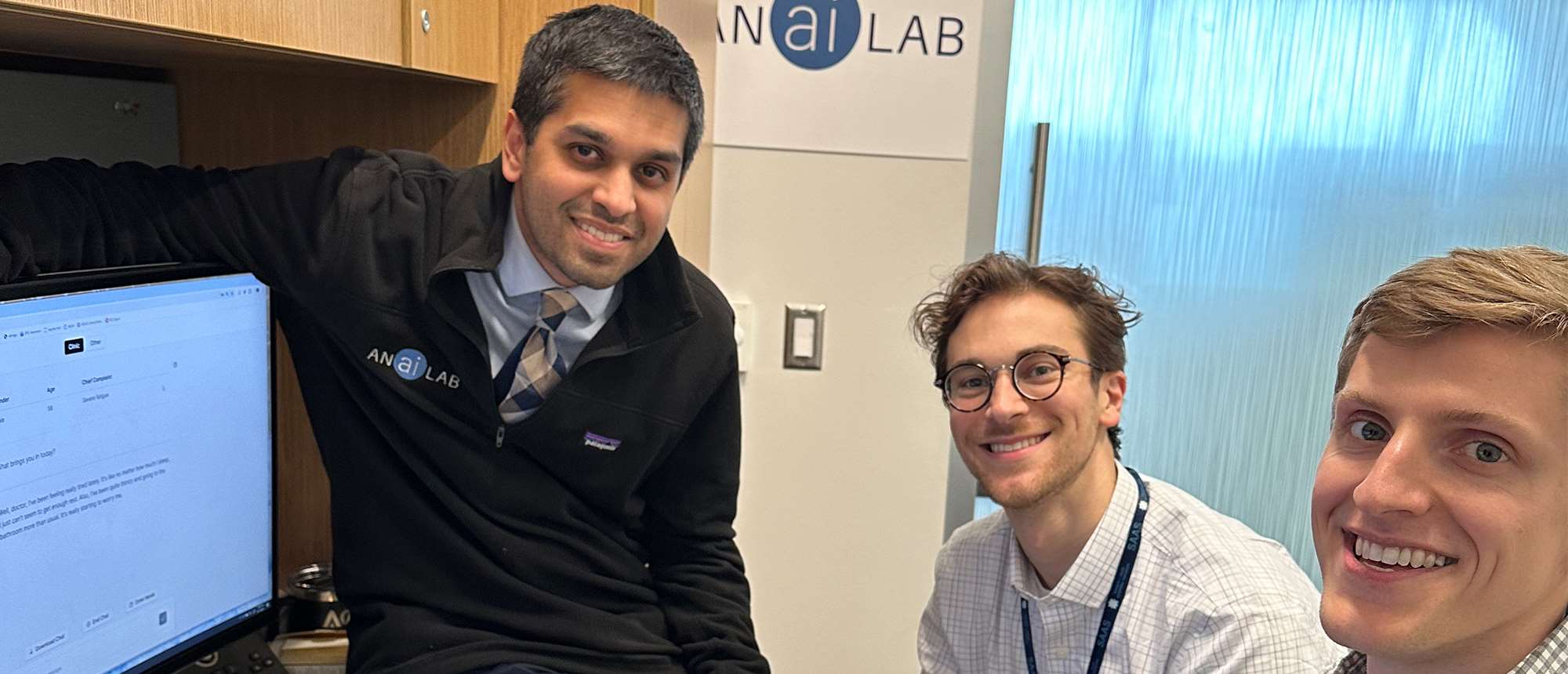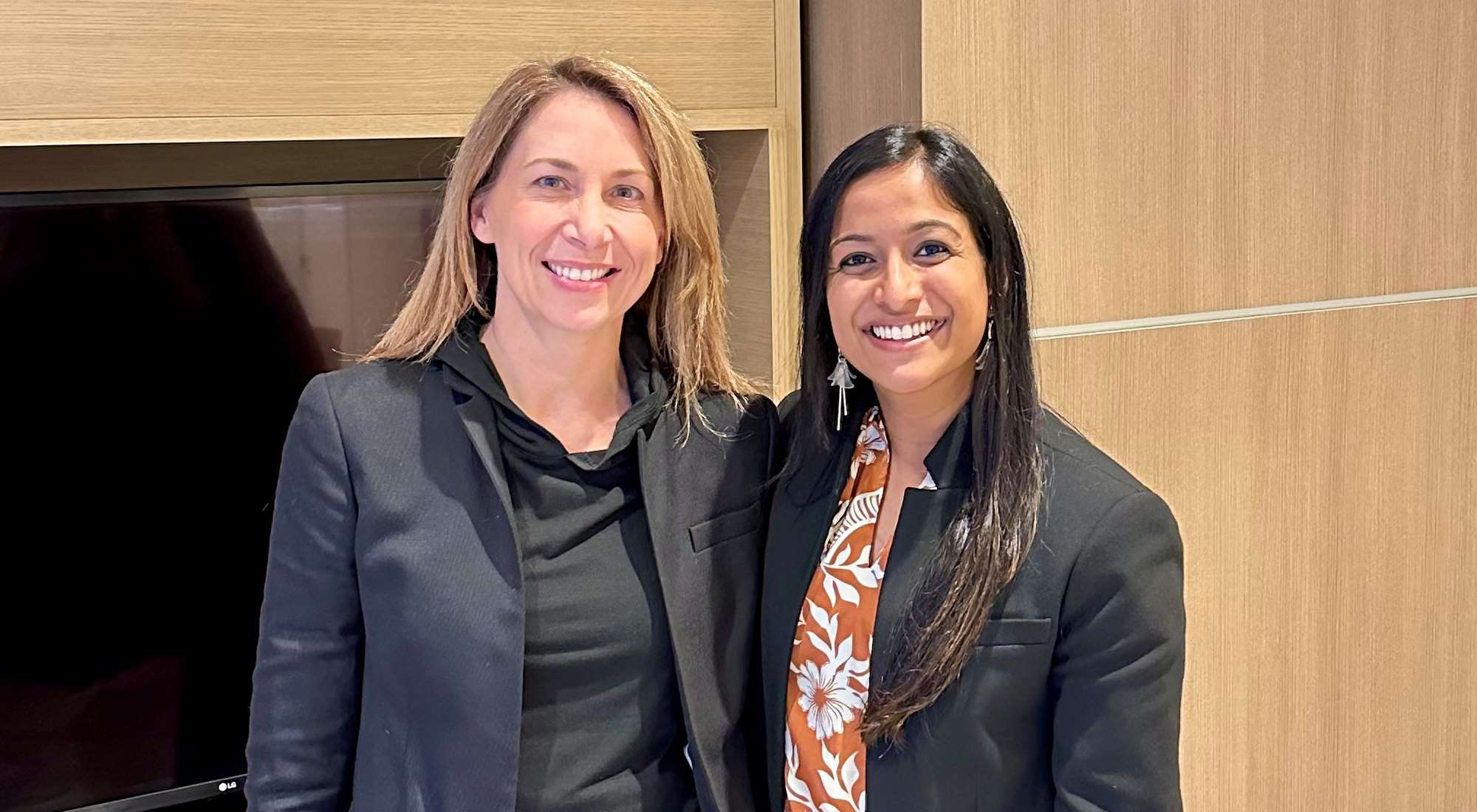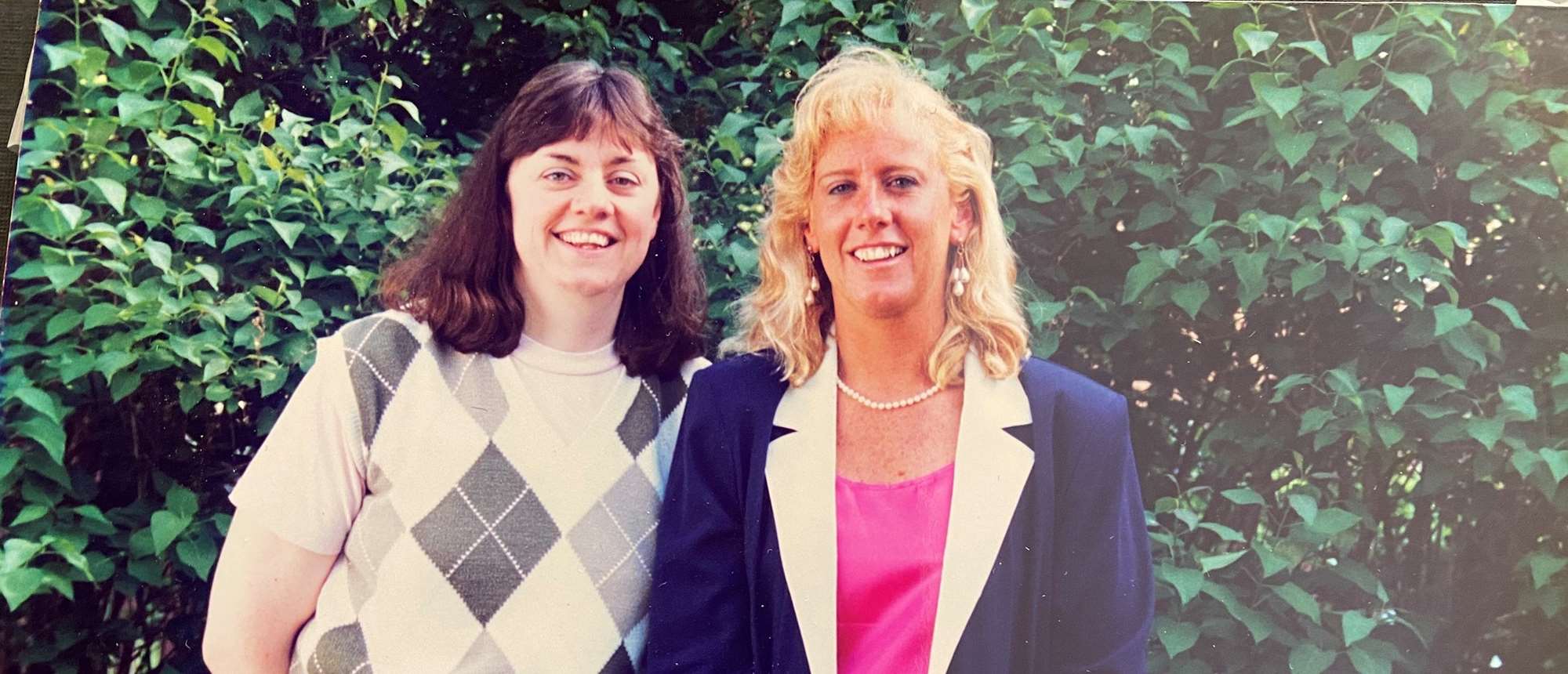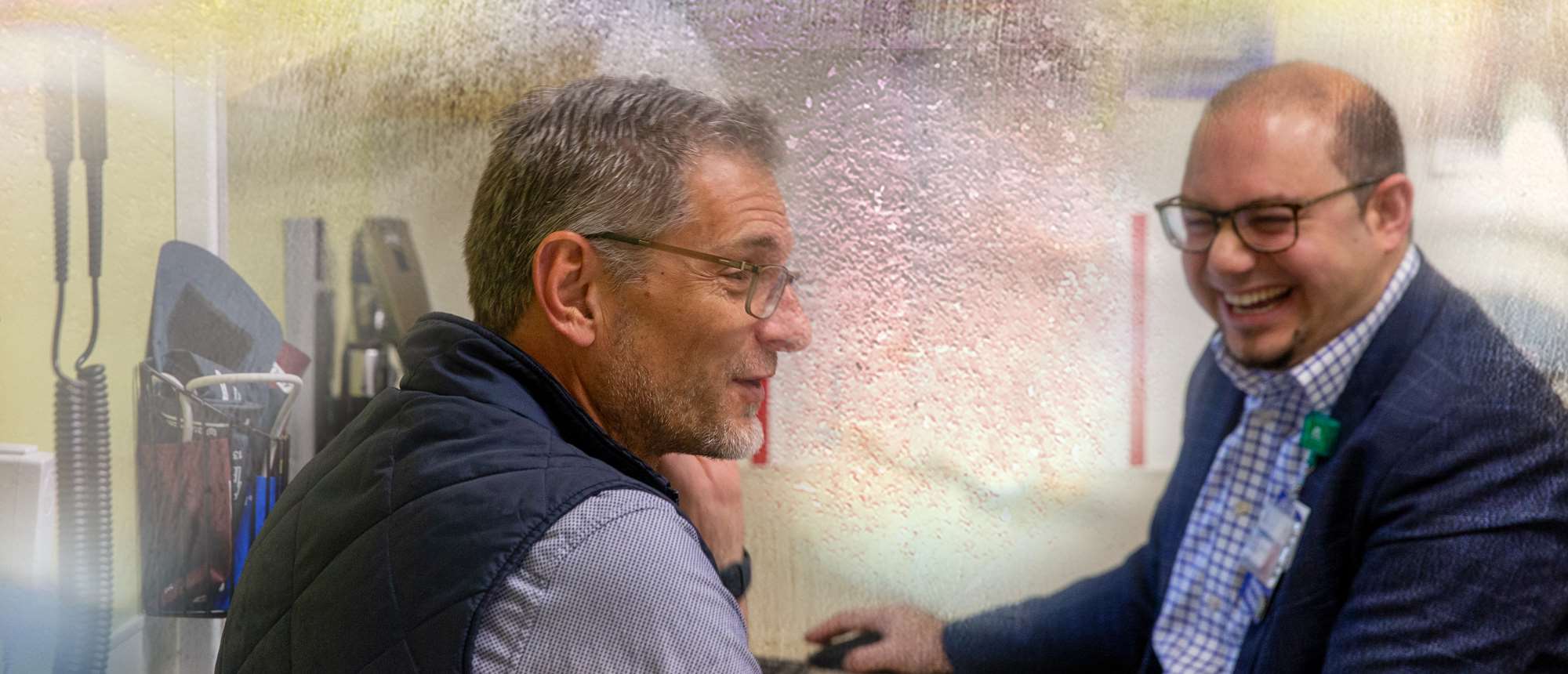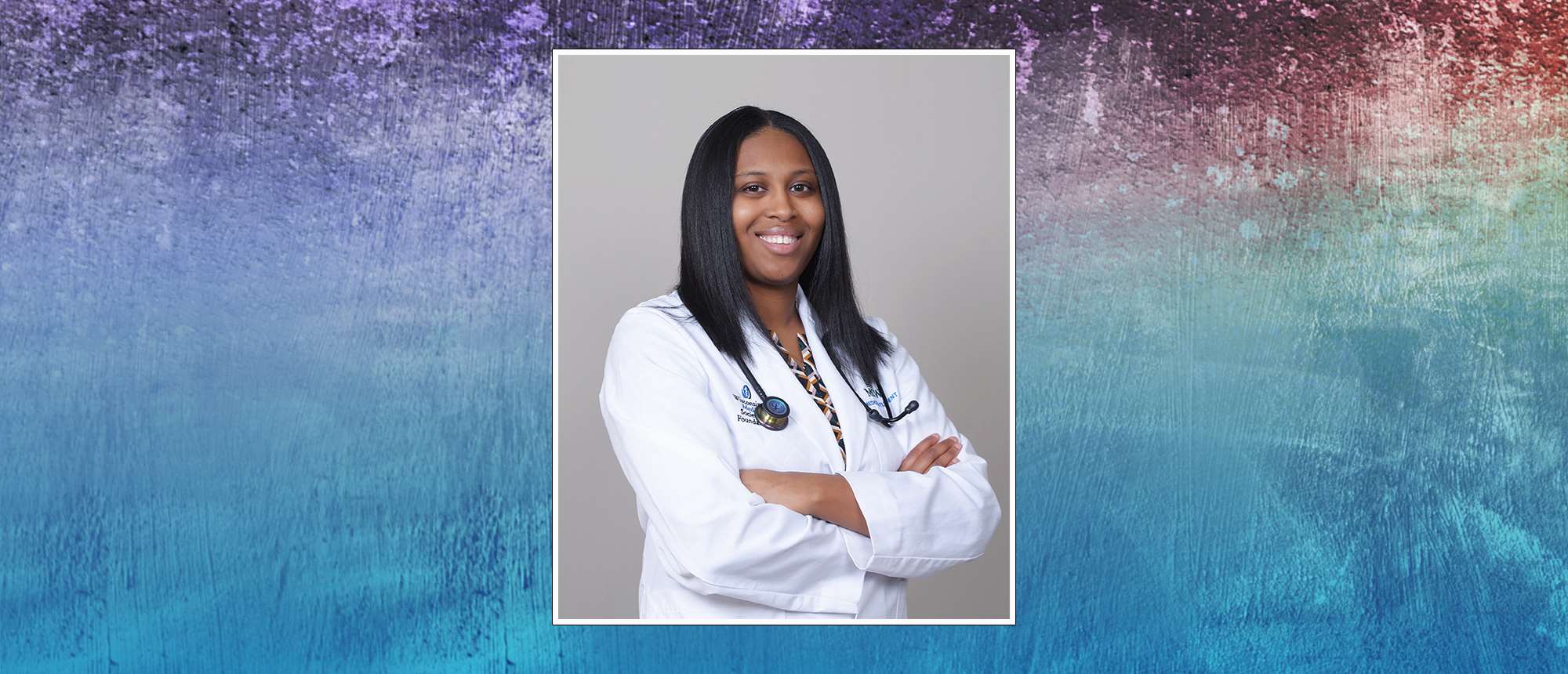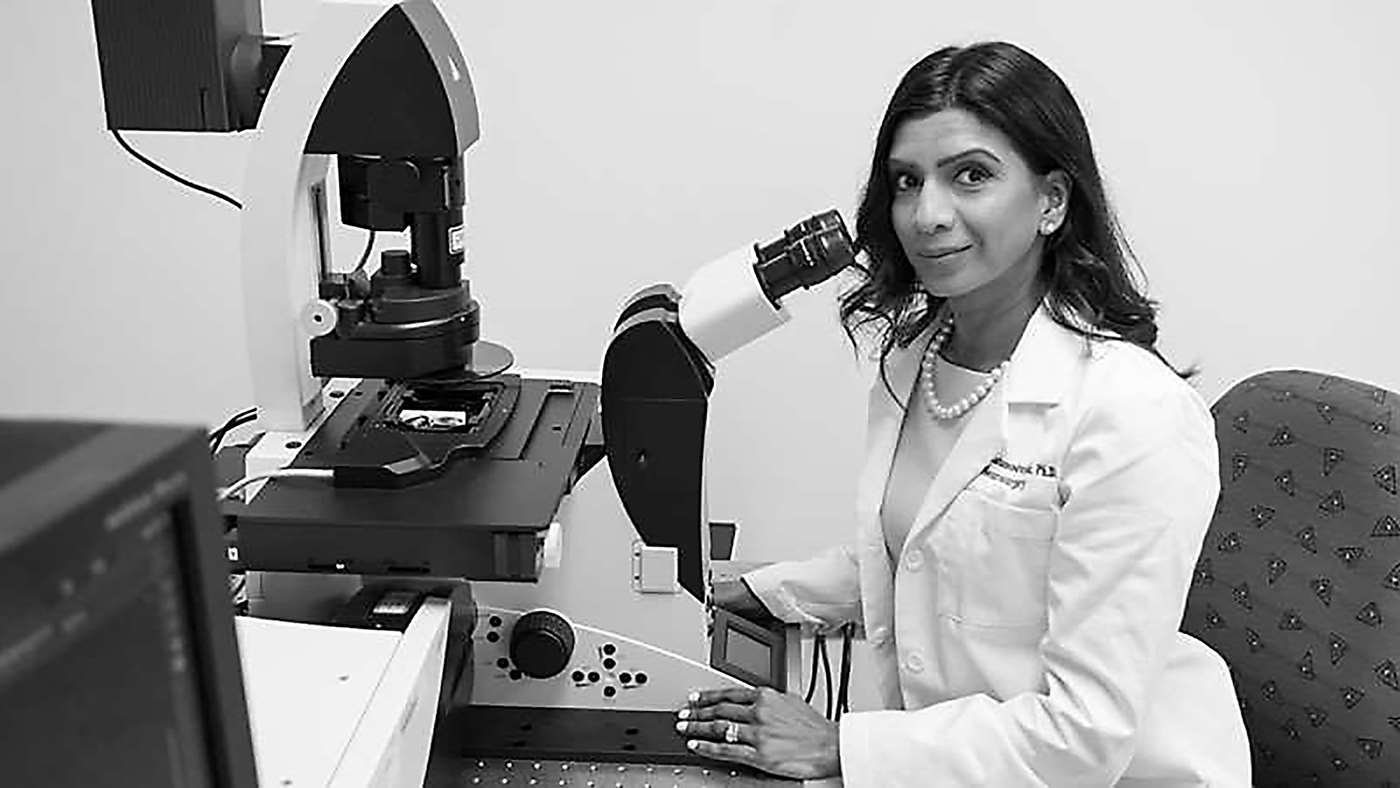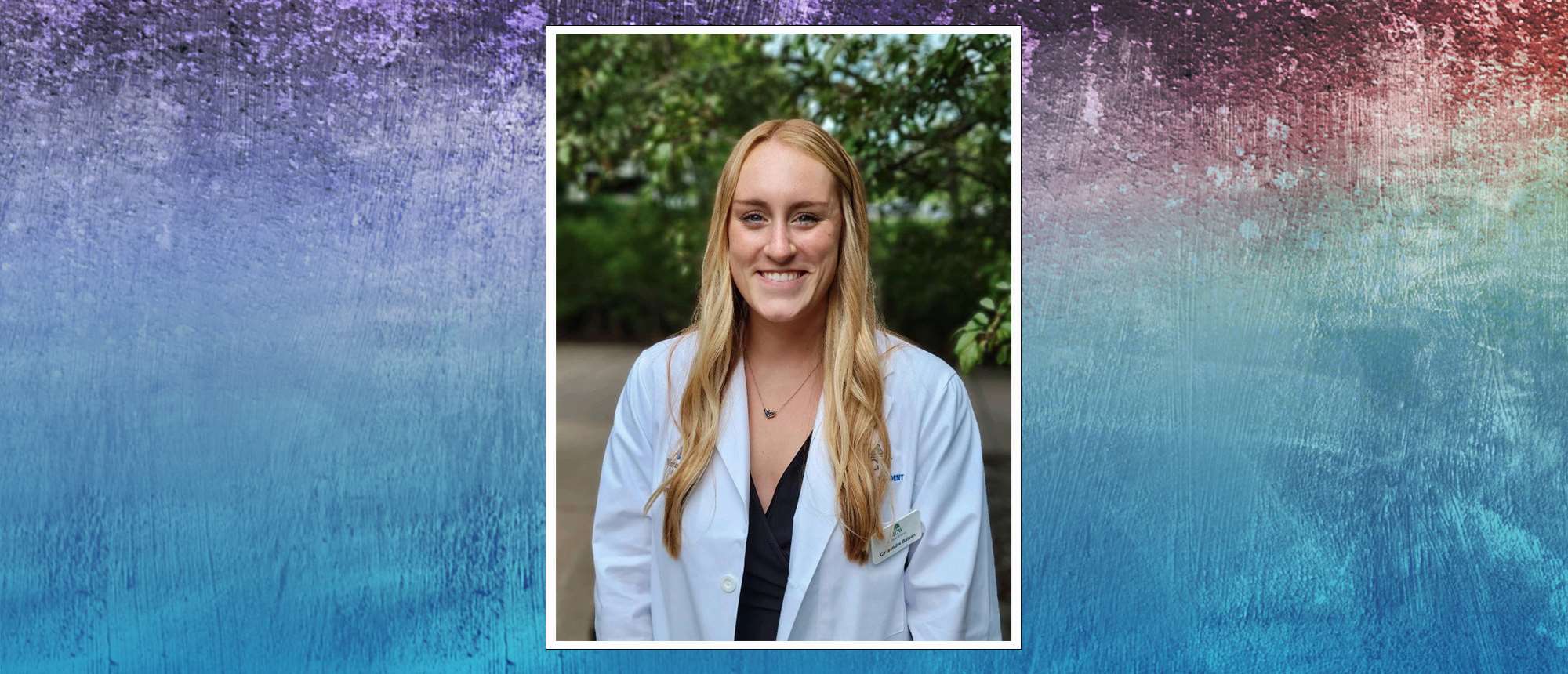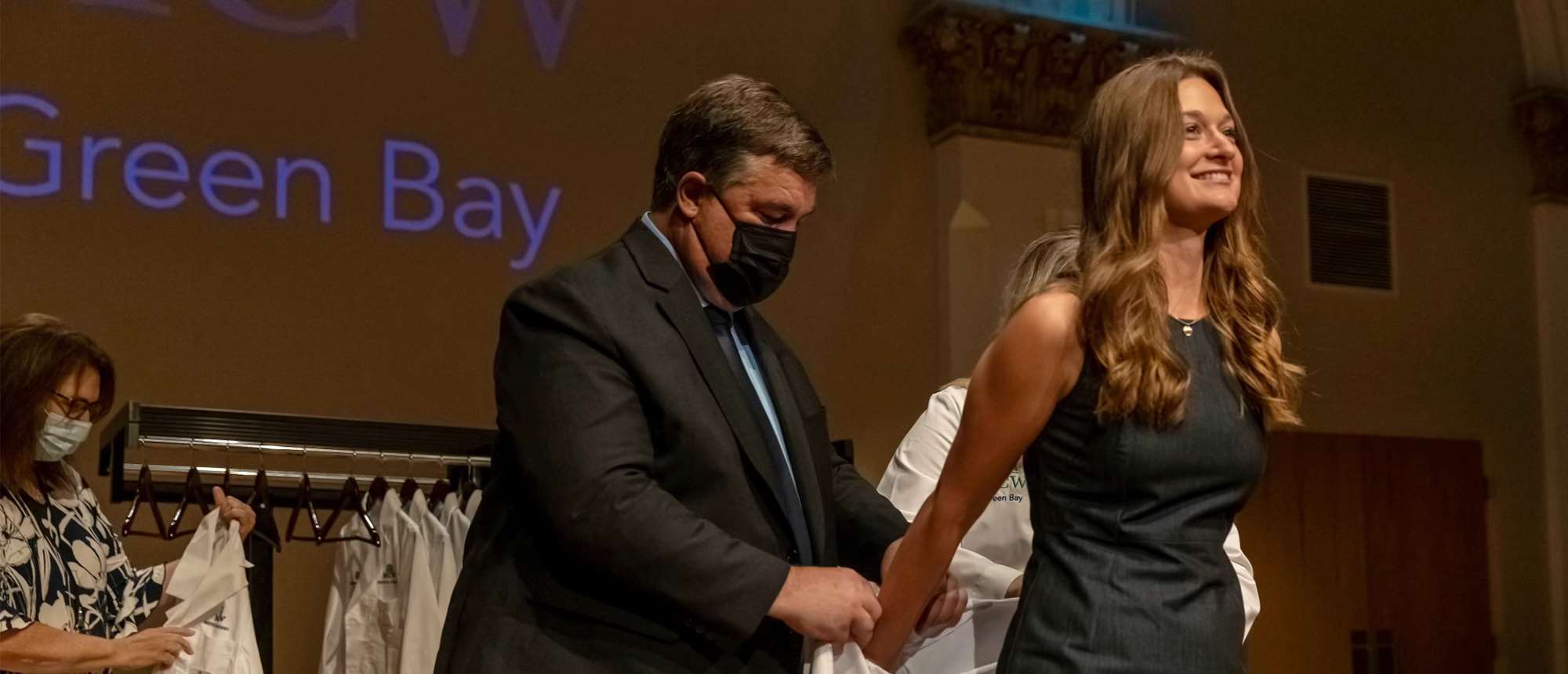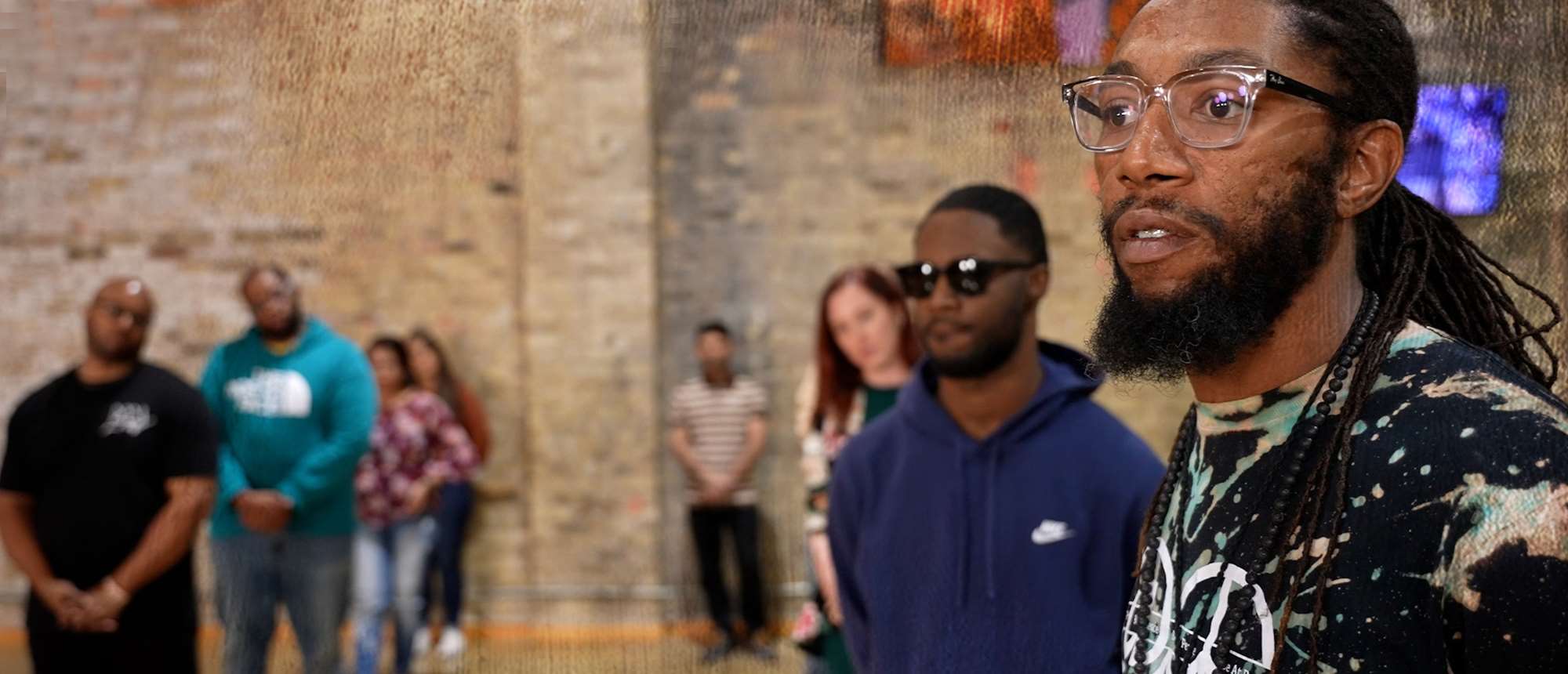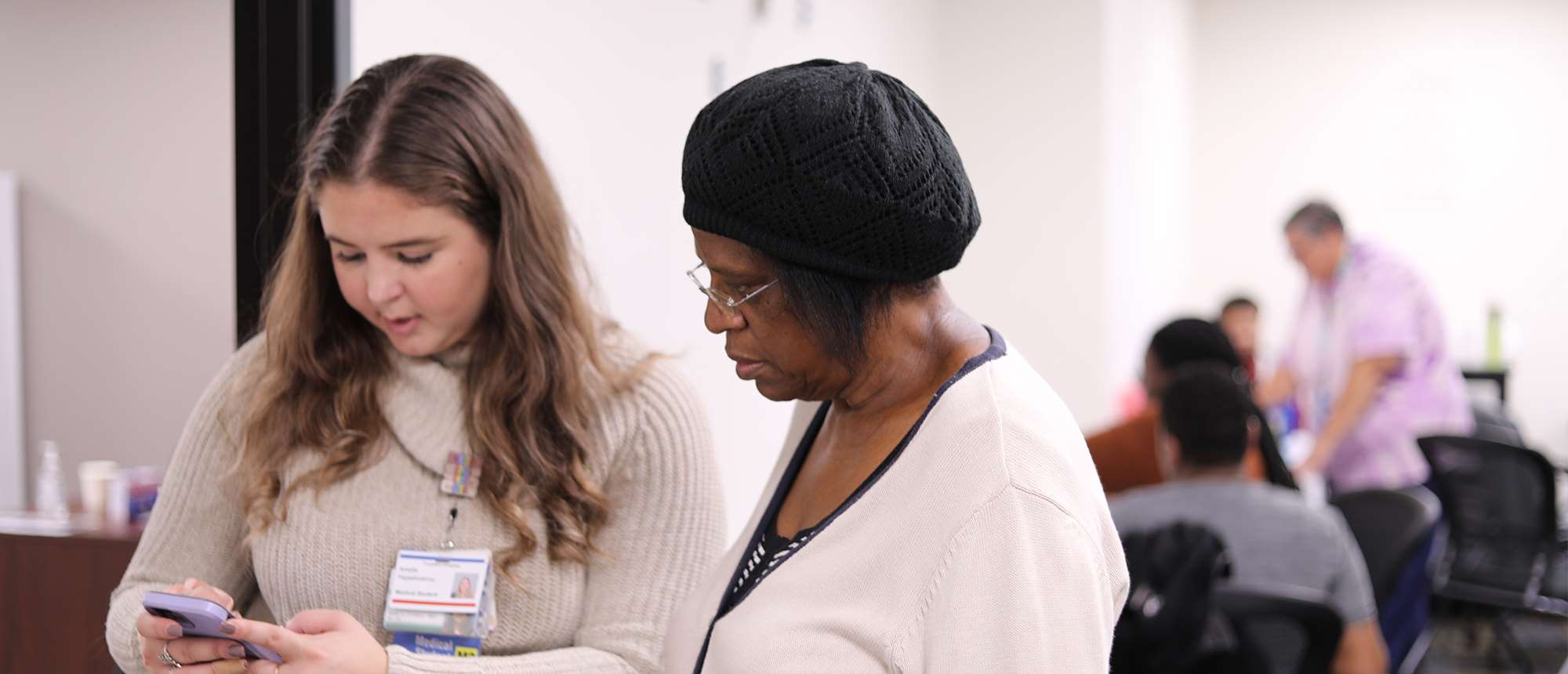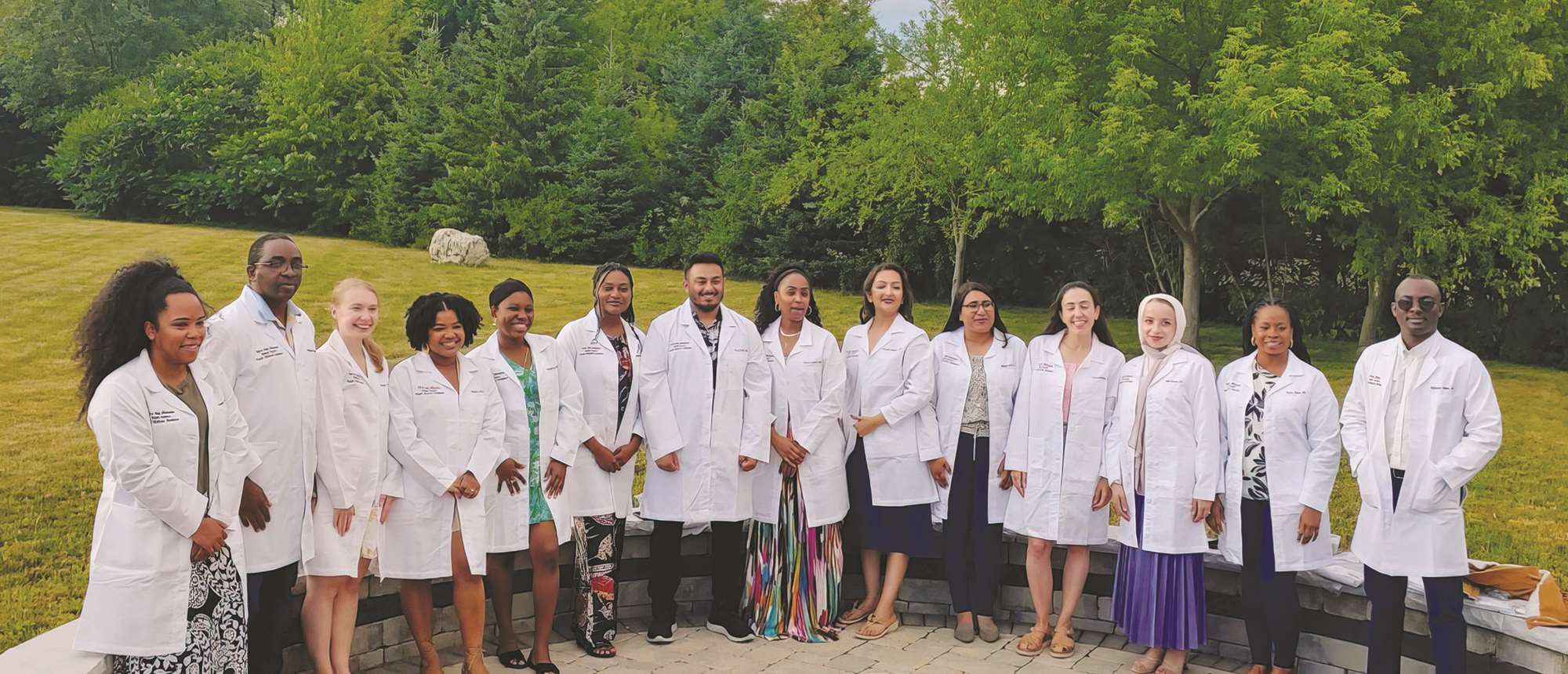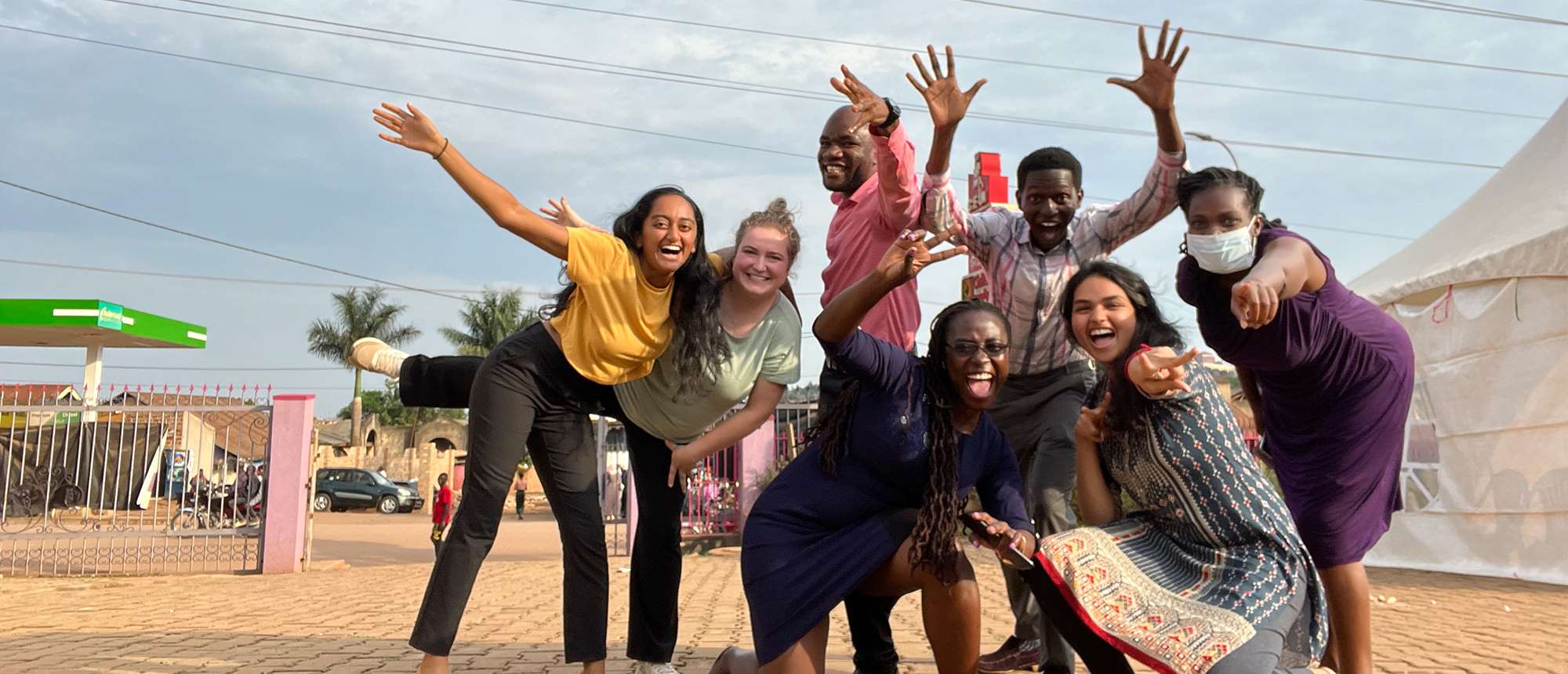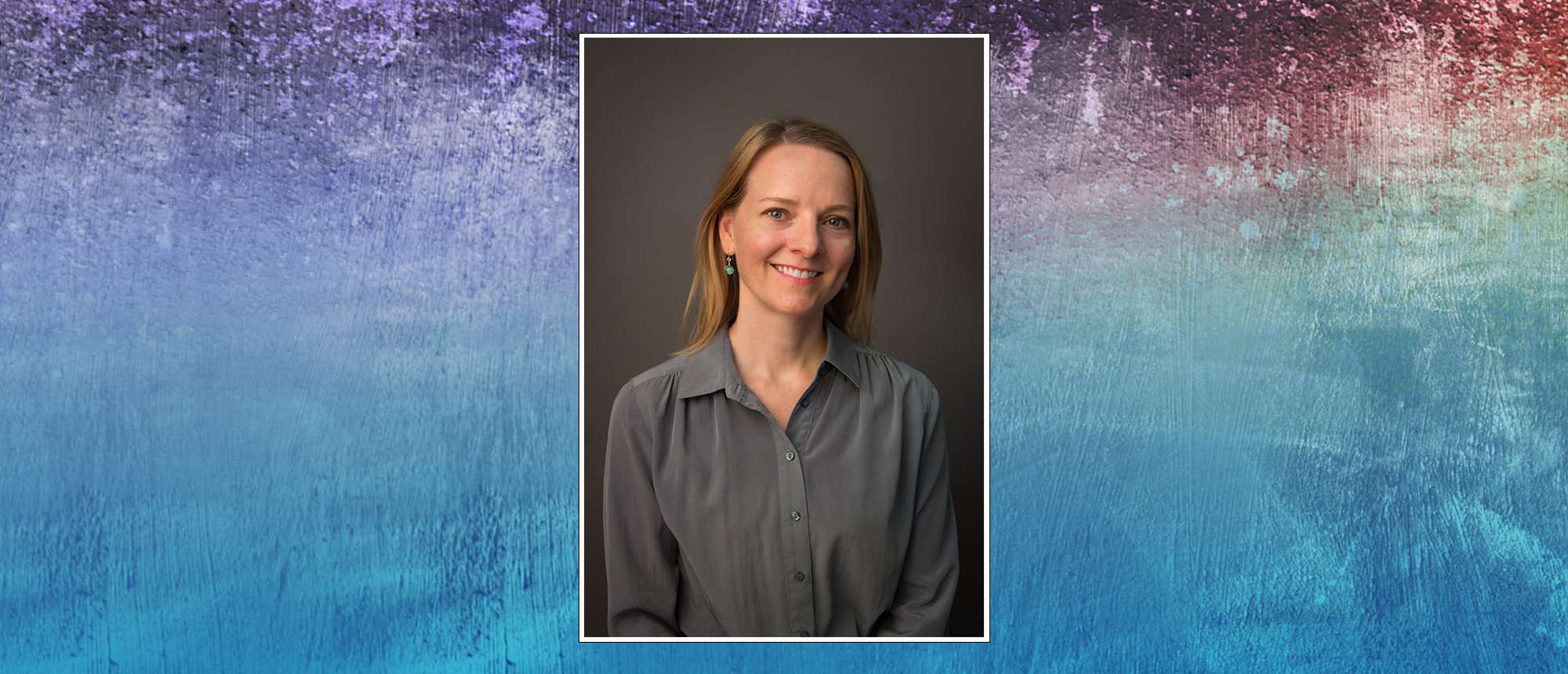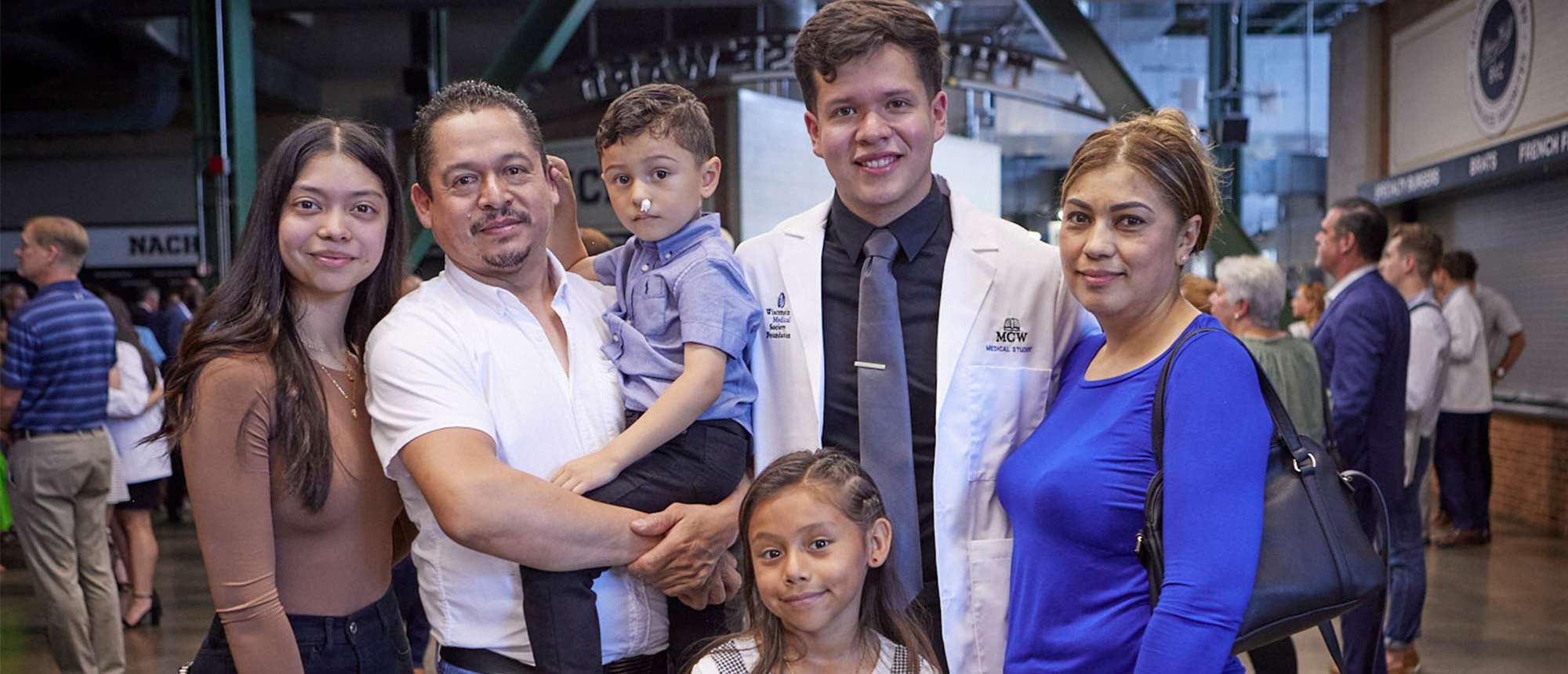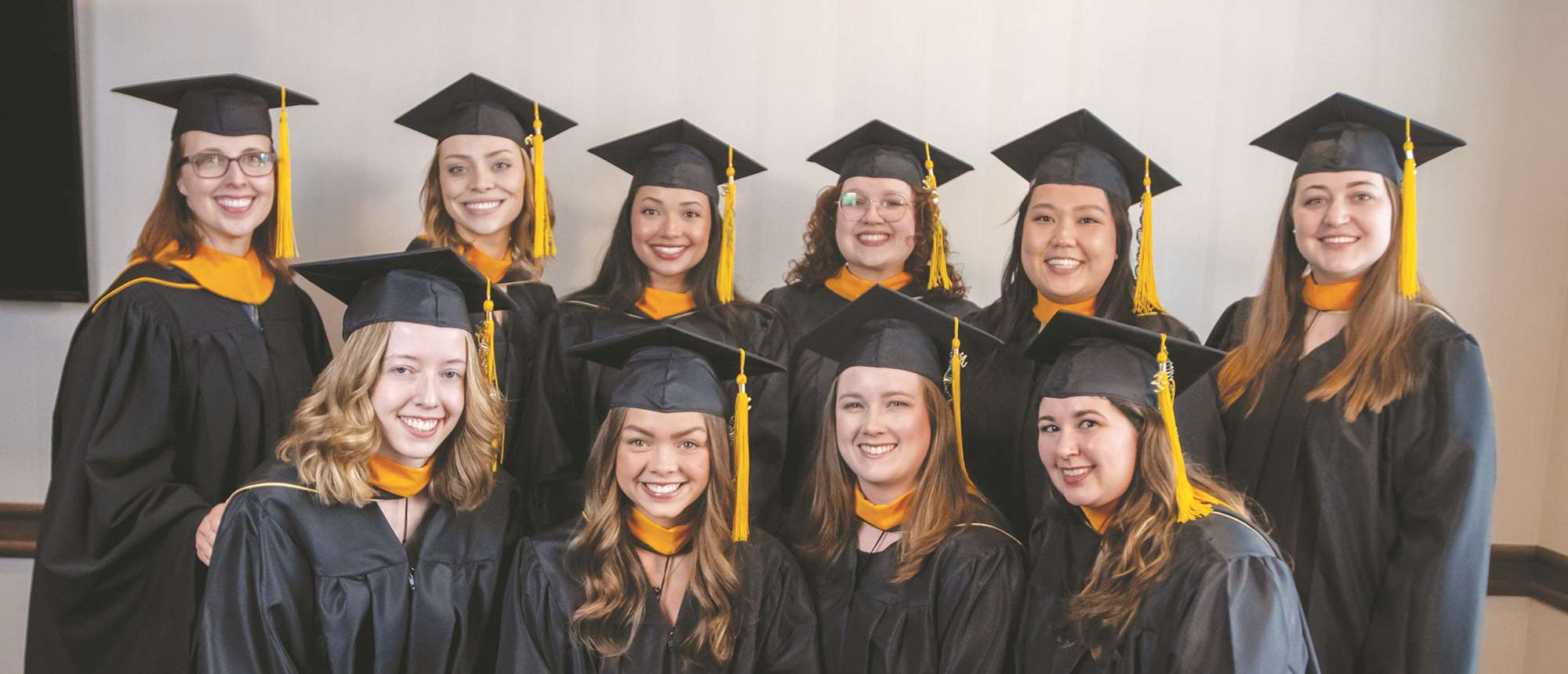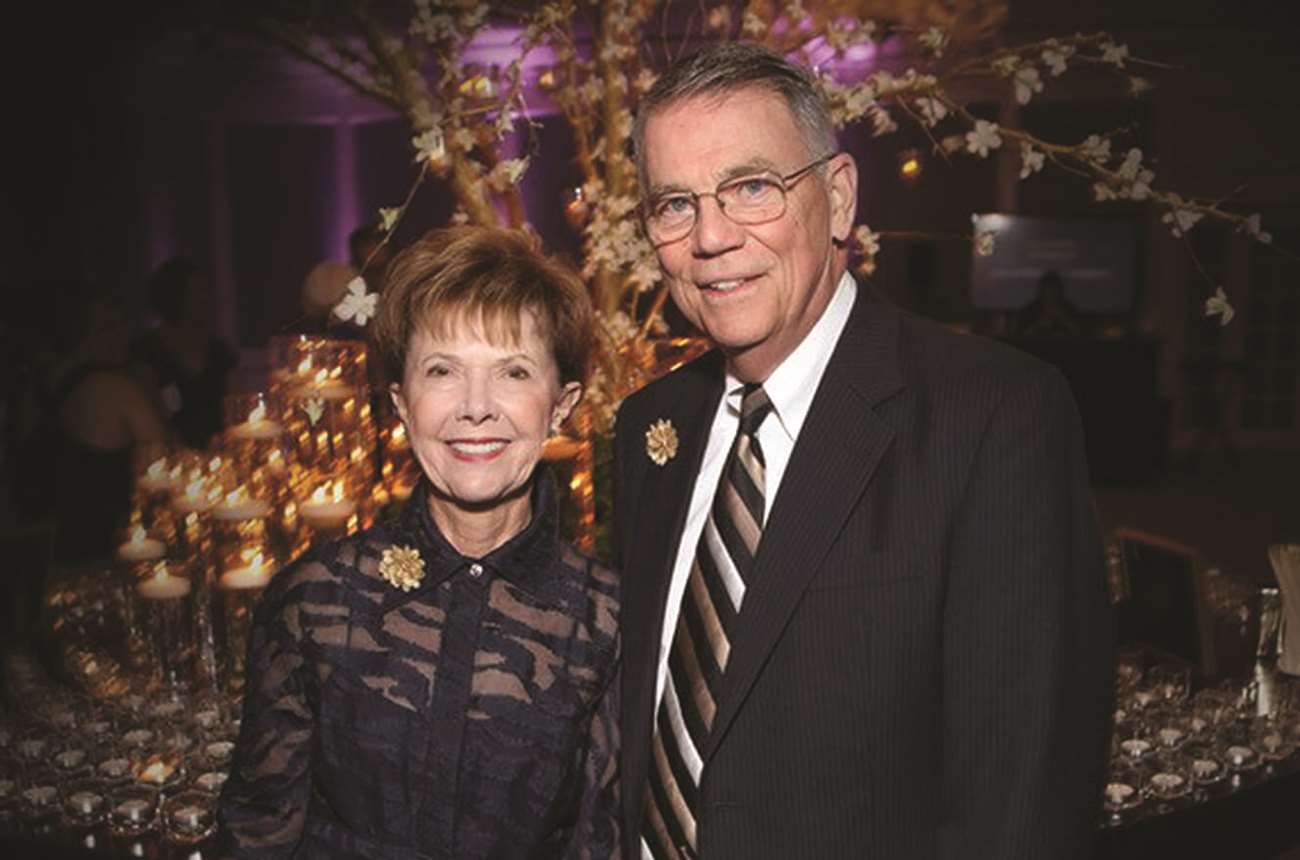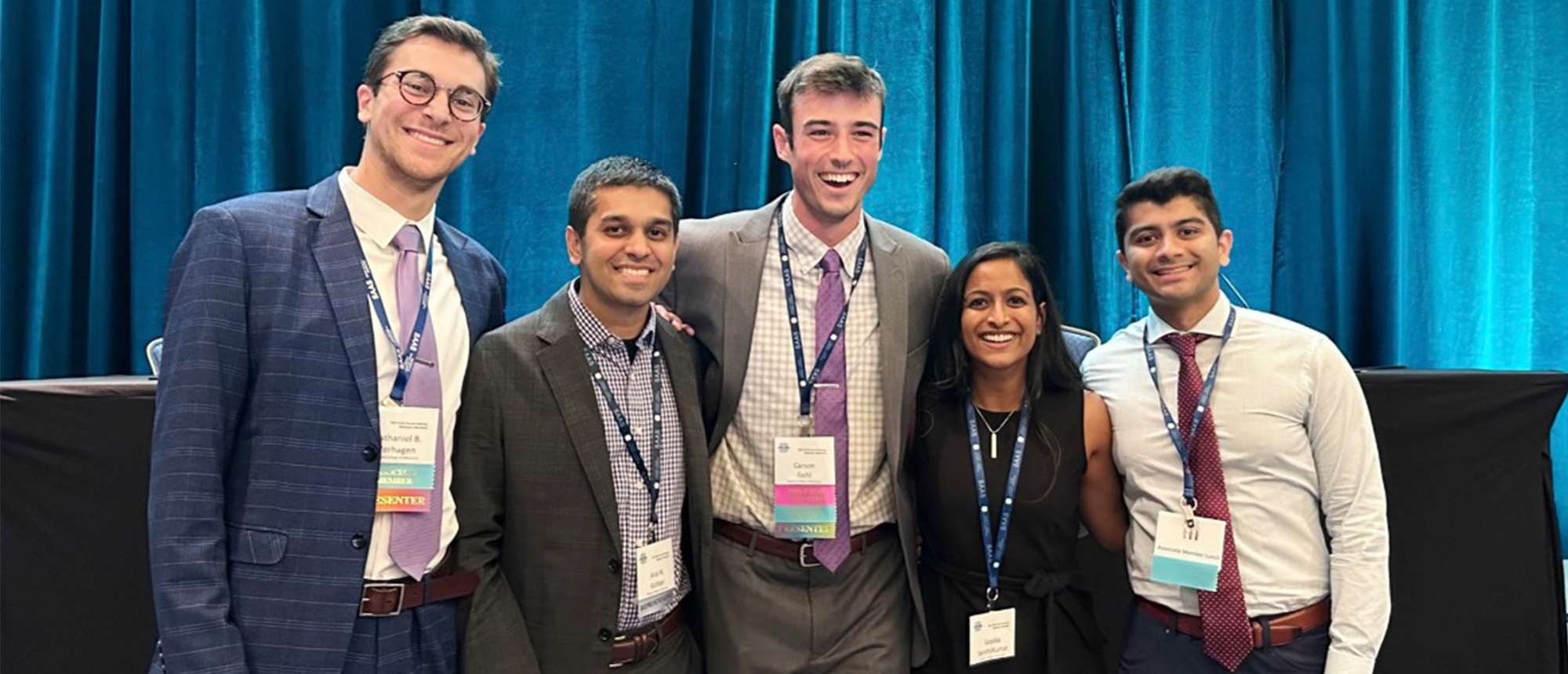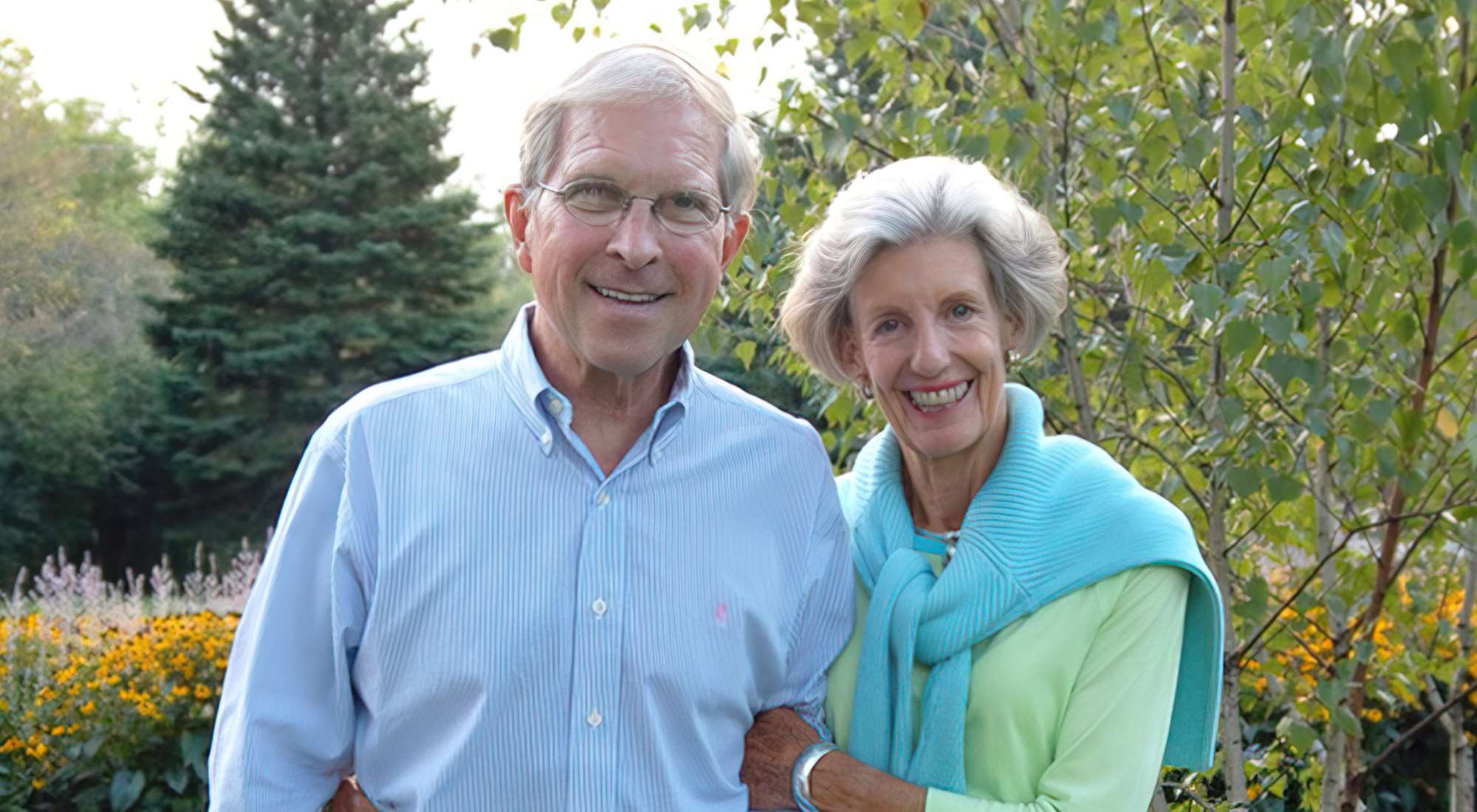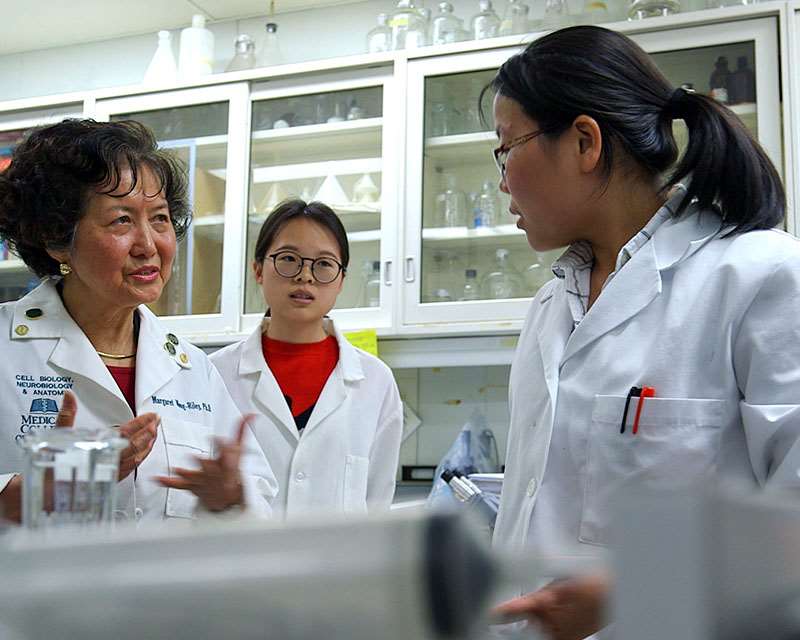
Research
Discovery and innovation through biomedical advancements, laboratory research and clinical trials drives major breakthroughs in health, education and treatment.
learn more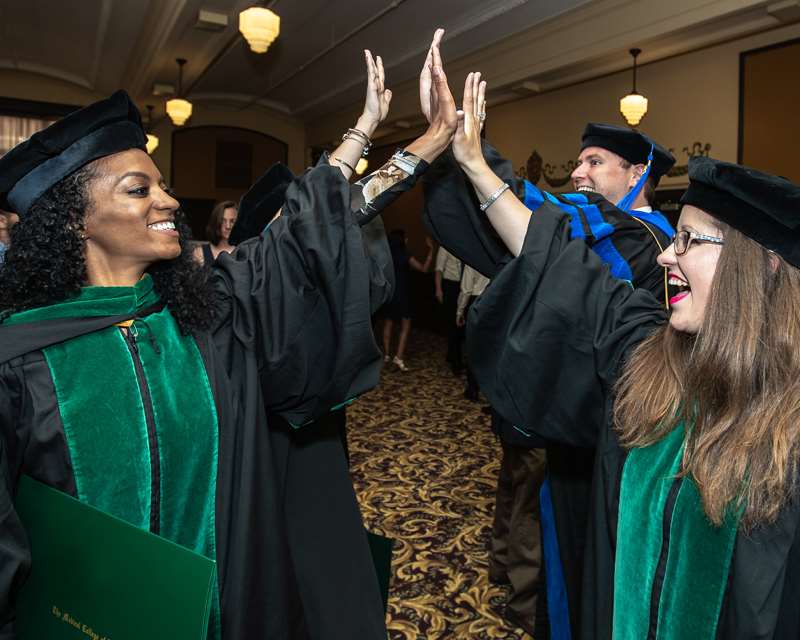
Schools & Programs
Join the next generation of knowledge seekers committed to advancing the health of the communities around them.
Inquire and Apply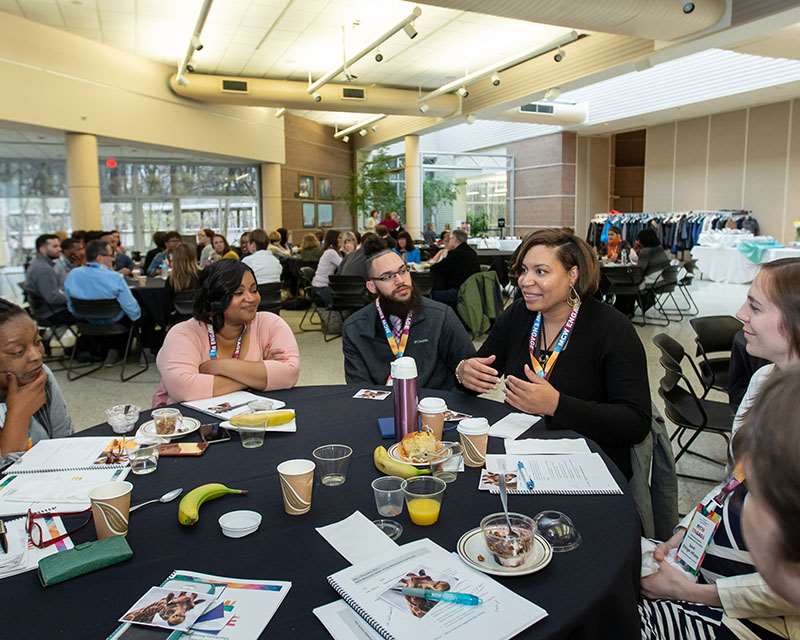
Community
By cultivating strong partnerships and making connections in and with our community, we have the power to advance the health and vitality of all. We invite you to reach out, connect and work with us as we strive towards this vision.
Learn more
Giving
Medical College of Wisconsin donors are impacting on the future we’re building. Our shared commitment is sustaining the advances we’ve already made—and meeting every challenge.
Give to MCWMedical College of Wisconsin
Every great life-changing discovery begins the same way—with new knowledge. It can change everything, from a single life to the future of entire communities. That’s why academic medicine, and the continuous pursuit of knowledge, is at the center of everything we do. The Medical College of Wisconsin brings a synergy between the best medical education, research and patient care. Tomorrow’s discoveries happen right here alongside the very people who bring those lessons to our students. Every bit of knowledge, and every advancement, provides our students with an unprecedented, collaborative learning environment, and helps improve the vitality and care of our communities.
learn more
Non-Discrimination Statement
The Medical College of Wisconsin (MCW) is committed to fostering a diverse community of outstanding faculty, staff, and students, as well as ensuring equal educational opportunity, employment, and access to services, programs, and activities, without regard to an individual's race, color, national origin, religion, age, disability, sex, gender identity/expression, sexual orientation, marital status, pregnancy, predisposing genetic characteristic, or military status. Employees, students, applicants or other members of the MCW community (including but not limited to vendors, visitors, and guests) may not be subjected to harassment that is prohibited by law or treated adversely or retaliated against based upon a protected characteristic. See MCW’s Non-Discrimination Statement and points of contact.



